Peer Tutors provide veteran insight for students
How students help students in classes they’ve taken
For many students, the semester starts with the overwhelming yet exciting feeling of being back in the classroom among new and familiar faces of classmates, including new professors. During syllabus week, professors layout their office hours and introduce themselves to their students, and inform them of their expectations. However, the authoritative role of professors can sometimes be intimidating for many students especially when coming to college, where expectations are higher. Hence, students tend to lean on each other for moral support and guidance because of the easement provided among the student body.
Nevertheless, on Trinity’s campus, there are many great resources to help students with specific academic subjects and course materials. Having an alternative resource that allows students to feel less pressure is through the guidance of peer tutors. Students on campus look to peer tutors as supportive mentors, leaders and helpers, which can serve as a crutch and gateway to more success and accessibility during the duration of their course.
Sophomore José Ayala looked back on his time during his First-Year Experience (FYE) class and said that his peer tutor helped him feel comfortable and welcome, especially as a first-year student. Ayala also stated that the relationship between peer tutors and students can lead to friendships. These close connections allow for students to integrate themselves better with Trinity life in general, considering their peer tutors are older and can be someone they can look up to even outside of the classroom.
“I was in the Successful Life FYE and definitely sought assistance from the class’s peer tutor,” Ayala said. “They helped me a lot, especially when it came down to understanding the assignments, revising and editing papers. They also were a great advocate for me and my fellow classmates when we were struggling and needed more patience from the professor.”

Senior Sofia Roldan has been a peer tutor for the Creative Genius FYE class for the past three years. Roldan said her capabilities have not only improved as a student but as a person, because of the opportunity to serve as a peer tutor. She realizes that it takes a lot of patience, effort and discipline to dedicate time to making a difference for the students she works with.
“Being patient with the student’s progress is super important because you are in a position where you are required to be there for them,” Roldan said. “This comes with a lot of trial and error as well as a responsibility because every student is different and might have different focuses. Getting to see the students I have worked with develop their writing skills and integrate these aspects more academically has been the most rewarding part.”
Peer tutors are not only in FYEs. They also assist in other classes related to STEM, humanities, foreign languages, or upper-division courses. Professors choose specific students based on who they consider being a good fit as a helping hand for their class.
Peer tutors are also accessible outside of the classroom in the Tiger Learning Commons (TLC), where resources such as the Quantitative Reasoning Center (QRS) and the Writing Center are open for students. Specific tutors are scheduled there Monday through Friday during their operating hours.

Senior Josh Cooper, a biology major, is one of the peer tutors that work in the QRS. Cooper shared that peer tutoring has not only improved his communication skills, but he finds that each time he teaches a concept to a different student, he figures out a better way to teach it. This experience has helped him develop his own study skills and time management habits, among other beneficial abilities.
“The most rewarding part about being a peer tutor is seeing the visible ‘a-ha’ moment when working with a student,” Cooper said. “Sometimes it just takes a little different explanation or another practice problem, and then it clicks. That moment of understanding is super rewarding to facilitate and see.”
Cooper even stated that he finds himself visiting his peer tutor’s office hours more than his professors. Both Cooper and Roldan said they notice a difference in how their students approach them in comparison to the accessibility provided by a professor. Roldan mentions that she would share her phone number and be open to facetime or regular calls, as well as messaging. She would also leave the door open for students no matter what time of the day it was because she understood the reality of being a student.
“I think peer tutoring and other student resources help anyone become a better student by deepening their understanding of concepts and providing an approachable way to take advantage of the resources available to them,” Cooper said.
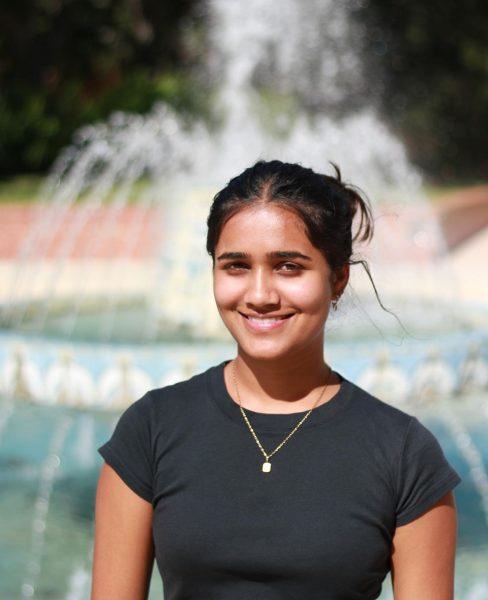
Hi, my name is Malika and I am a pulse reporter! I am a junior majoring in HRM Business and minoring in Psychology, and my pronouns are she/her. A fun...

My name is Claire Sammons and I am an Anthropology and Communications double major. I have worked for the Trinitonian since fall of 2020. I became a photographer...

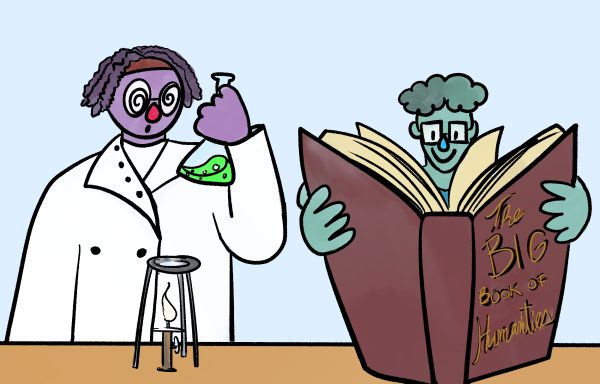

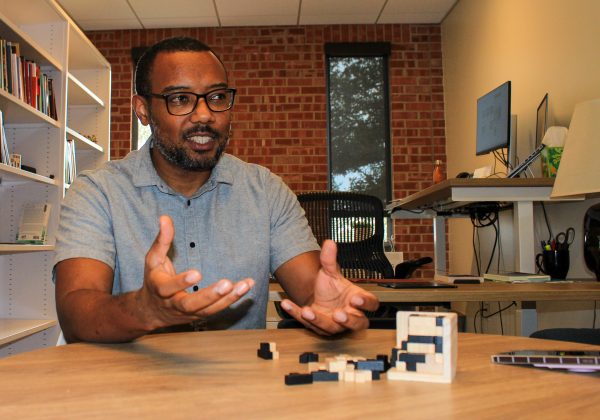
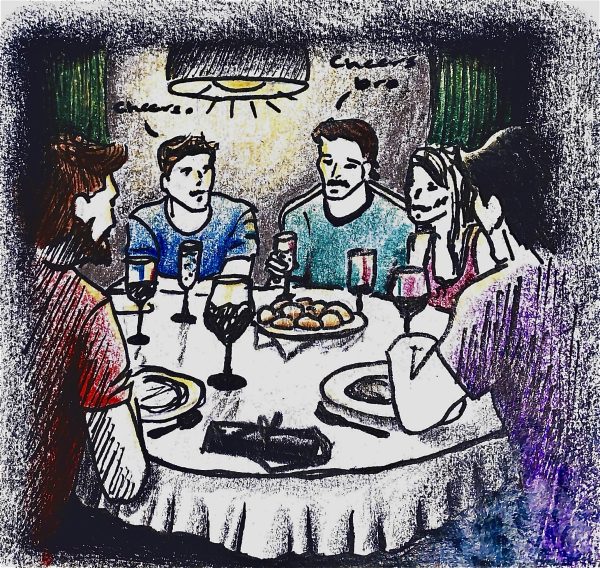
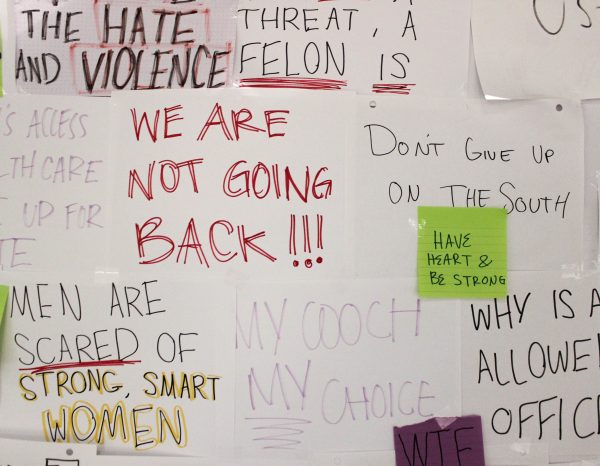
Jose Ayala • Sep 9, 2022 at 10:27 pm
Teaching is a great way to learn. Way to go Peer Tutors. Well written article.